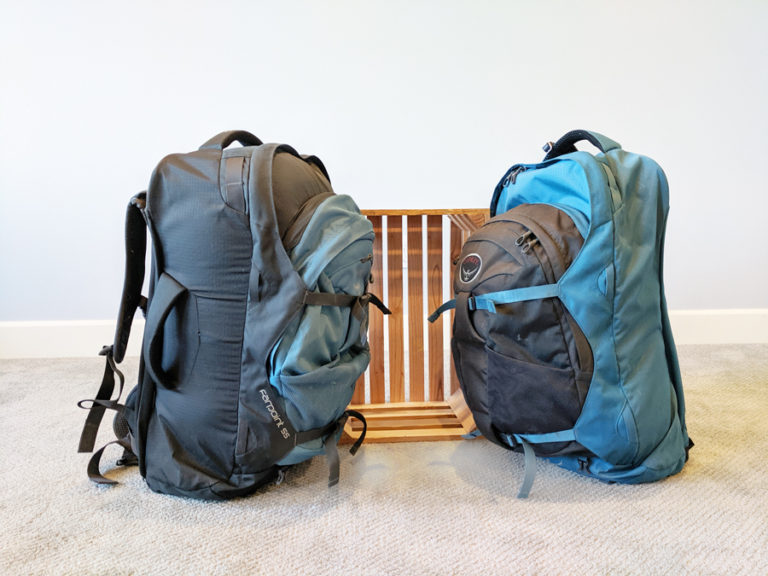Traveler Interview: “My Meena Life” in Germany
Today we’re excited to bring you another traveler interview to shed light on what it’s like to live in Europe for a year as well as how someone with health concerns can pursue travel.
Introducing: Ava! Ava is a former chemist who stopped working in order to live in Germany with her husband for a year.
Currently a housewife, a wannabe writer, and a part-time trip planner, she also suffers from chronic pain due to osteoarthritis and fibromyalgia. She blogs about her experiences in Europe over at My Meena Life.
Traveler Interview
Here’s what we learned from Ava in our latest interview:
“One of my main goals is figuring out how to travel and enjoy life abroad despite my chronic pain. I want to be an inspiration for those with pain or a disability who want to overcome and do more with their lives.”
Have you always wanted to live abroad? How did your move to Germany transpire and what was your top concern and top hope when you made the decision to go?
I had never even considered living abroad. I didn’t realize it was an option for me. My husband accepted a job with a German company right before we graduated from college and got married.
We were told that he would be required to train in Germany for up to 18 weeks over his first three years with the company, but after one year we were offered the chance to move to Germany for 13 months instead.
We realized that we had nothing holding us back (no mortgage, no children, not even much furniture) and so we agreed to go almost immediately. What we hoped for the most was the opportunity to travel and visit theme parks all over Europe; there are roller coasters here that my husband has wanted to ride for over 15 years.
My biggest concern was how we would cope with all the things we had to give up during our time abroad, including 90% of our belongings, our vehicles, and the ability to have family nearby.
What are some of the main lessons you’ve learned about culture or travel from being immersed in Germany?
Living in Germany has taught me a great deal about how other people approach life differently from me. It really opened my eyes why one culture can vary so much from another.
There are things that we do in the US that a German could never imagine doing, and likewise things that Germans do that I struggle to understand.
I find myself thinking about new things, experiencing new things, and questioning a lot of my assumptions about how we should live our lives. Being introduced to different ways of thinking and priorities is a valuable way to help you evaluate and broaden your own life.
What advice would you give to other people who have chronic pain and want to travel? Are there any strategies that have helped you?
It’s not easy to travel with chronic pain and you may need to accept that your travel experiences will differ from those of normal travelers. But with time, effort, and some motivation you can learn how to tailor your travel methods to your body.
When I’m traveling I find it helpful to focus on areas or experiences that I know I’ll enjoy. For example, I don’t like to visit museums so I’ll sometimes recommend that my husband go visit one on his own.
If I’m in pain while I’m doing something that I already don’t want to be doing, then it’s going to much harder to maintain a positive attitude and have a good experience.
I try to reserve my energy for those things that I know I’ll be motivated to see despite my pain.
Another strategy that helps me is finding hotels that are accommodating. I do this by booking a hotel that allows free cancellations before a certain date and then sending them questions about their facilities.
I’ll ask if they can guarantee a bathtub in the room (so that my knees can soak and recover from walking) or provide a firm pillow (the flimsy pillows that hotels often use can exacerbate my neck and shoulder pain).
Perhaps you might need to ask if there is an elevator in order to avoid stairs or if they have handicap bathrooms available. If a hotel isn’t able to meet my needs, then I have the option of canceling my room and trying again with another one.
Lessons We Can Learn From Ava










